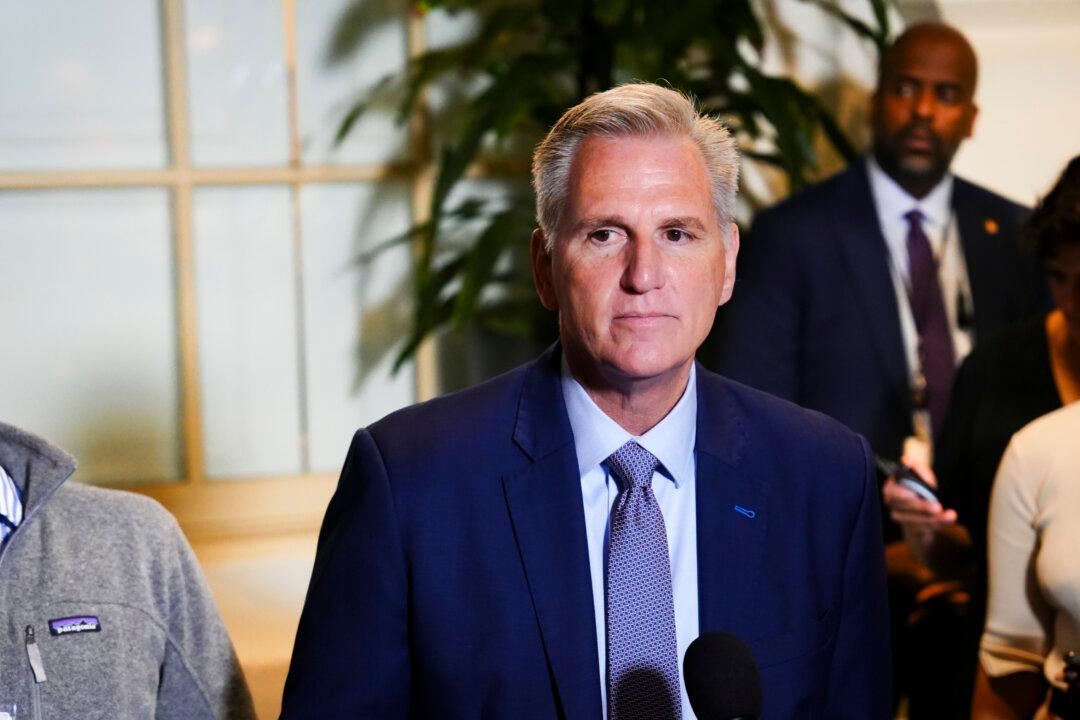The House of Representatives on Sept. 28 advanced a $300 million financial aid package to Ukraine.
The financial assistance package, which was removed from the larger Pentagon spending package to which it was originally attached, advanced in a 217–211 vote. Specifically, lawmakers voted to detach aid for Ukraine from the larger defense appropriations bill, allowing for votes to be tallied on each of the two measures.





